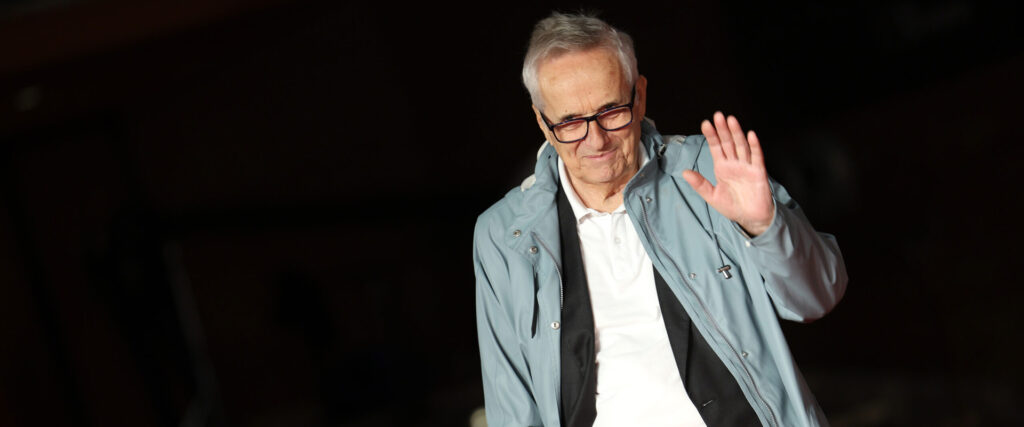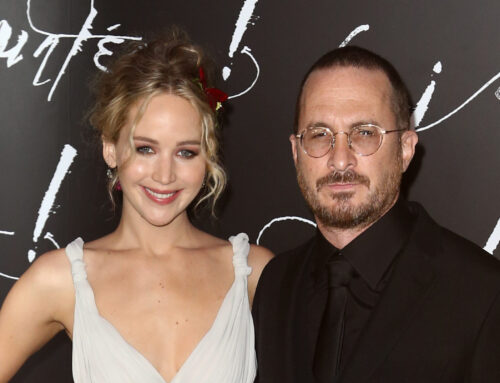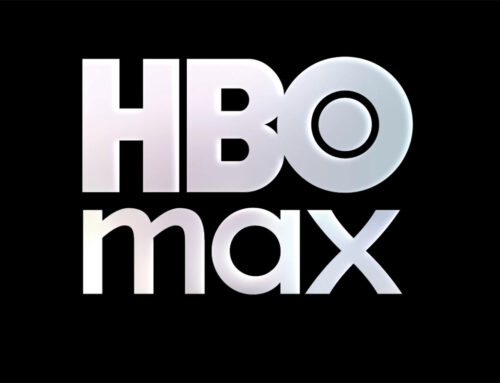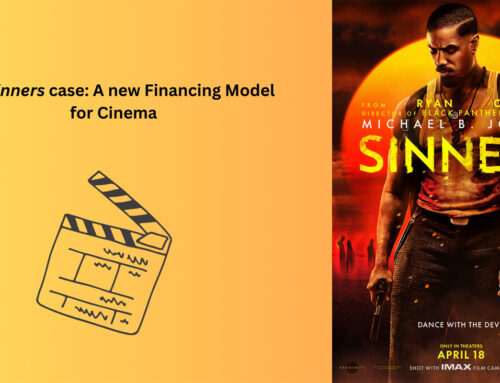The Venice Film Festival: Balancing Artistic Prestige and Financial Realities
Under the artistic direction of Alberto Barbera, the world’s oldest film festival has been relaunched and expanded. Venice’s Mostra del Cinema has revitalized its infrastructure and screening rooms, enhanced the quality of film selections—many of which start at the Lido and go on to receive numerous awards worldwide—and attracted Hollywood stars and celebrities from around the globe. However, when it comes to the business side, the outcome is more nuanced.
Barbera often boasts that Venice has overtaken Cannes in terms of the number of Oscar-nominated and Oscar-winning films it has previewed. He’s not wrong. In the last three years, from 2022 to 2024, films screened at Cannes received 56 Oscar nominations, while those at Venice garnered 77. Cannes-originated films won five Oscars, whereas films that premiered in Venice won 14.
The red carpet laid out in front of the Palazzo del Cinema for this 81st edition is densely populated with stars: Lady Gaga, Cate Blanchett, Joaquin Phoenix, Julianne Moore, Tilda Swinton, Daniel Craig, Adrien Brody, George Clooney, and Monica Bellucci. The third day of the event was all about the statuesque Nicole Kidman, who arrived at the Lido for Halina Reijn’s competition film Babygirl. Kidman plays a successful manager who risks her professional and personal life to pursue an extreme sexual passion with a young intern at her company—a reversal of the historically male-dominated abuse of power. Angelina Jolie brought the glamour on the previous day, returning as a major star in the role of Maria Callas in Chilean director Pablo Larraín’s biopic. The film, also produced by Lorenzo Mieli and his Italian production company The Apartment, was warmly received, with some critics already calling for an Oscar for Jolie. Saturday’s spotlight is on the first of five Italian films in competition, Campo di battaglia by Gianni Amelio, set during World War I.
This year’s Venice Film Festival kicked off with Tim Burton, Monica Bellucci, and the entire cast of the entertaining Beetlejuice Beetlejuice remake, including Willem Dafoe, Winona Ryder, Michael Keaton, and Catherine O’Hara. However, the true highlight of the evening was Sigourney Weaver, who was honored with the Golden Lion for Career Achievement. Her award prompted a standing ovation from the audience, celebrating an actress who has made history in Hollywood as the first woman to lead a science fiction film, the first to wield a flamethrower, and to deliver groundbreaking lines on the big screen. “I am overwhelmed with emotion,” said the 74-year-old star of Alien and Avatar. “I fell in love with films thanks to Italian cinema—Fellini, Antonioni, De Sica,” she shared during a press conference at the Lido. She joked that, along with the Golden Lion, there should be a “small clause that allows you to come to Italy and work with an Italian director. It should be part of the package.”
Despite the festival’s star power and critical acclaim, the financial side of the Venice Film Festival is less glamorous. The event manages to break even on an annual revenue of $25.5 million, but this is only possible thanks to substantial government grants and support from the Biennale Foundation. Many film festivals worldwide do not generate profits and rely heavily on external funding. Most festivals operate on a non-profit model, relying on sponsorships, donations, and both public and private sector grants as their main sources of income. Ticket sales typically contribute only a small portion of a festival’s revenue.
This is also true for Venice, where ticket sales brought in only around $2.2 million in 2023, representing just ten percent of the festival’s total budget. The remaining portion came from a Ministry of Culture grant of $15 million, sponsorships worth approximately $5.5 million, and more than $2 million in funding from the Biennale Foundation, which is largely financed by the government. The Biennale Foundation’s total revenues amount to 66 million euros ($73 million), with one-fourth of this coming from government sources.
Source: The Hollywood Reporter
Share:
Under the artistic direction of Alberto Barbera, the world’s oldest film festival has been relaunched and expanded. Venice’s Mostra del Cinema has revitalized its infrastructure and screening rooms, enhanced the quality of film selections—many of which start at the Lido and go on to receive numerous awards worldwide—and attracted Hollywood stars and celebrities from around the globe. However, when it comes to the business side, the outcome is more nuanced.
Barbera often boasts that Venice has overtaken Cannes in terms of the number of Oscar-nominated and Oscar-winning films it has previewed. He’s not wrong. In the last three years, from 2022 to 2024, films screened at Cannes received 56 Oscar nominations, while those at Venice garnered 77. Cannes-originated films won five Oscars, whereas films that premiered in Venice won 14.
The red carpet laid out in front of the Palazzo del Cinema for this 81st edition is densely populated with stars: Lady Gaga, Cate Blanchett, Joaquin Phoenix, Julianne Moore, Tilda Swinton, Daniel Craig, Adrien Brody, George Clooney, and Monica Bellucci. The third day of the event was all about the statuesque Nicole Kidman, who arrived at the Lido for Halina Reijn’s competition film Babygirl. Kidman plays a successful manager who risks her professional and personal life to pursue an extreme sexual passion with a young intern at her company—a reversal of the historically male-dominated abuse of power. Angelina Jolie brought the glamour on the previous day, returning as a major star in the role of Maria Callas in Chilean director Pablo Larraín’s biopic. The film, also produced by Lorenzo Mieli and his Italian production company The Apartment, was warmly received, with some critics already calling for an Oscar for Jolie. Saturday’s spotlight is on the first of five Italian films in competition, Campo di battaglia by Gianni Amelio, set during World War I.
This year’s Venice Film Festival kicked off with Tim Burton, Monica Bellucci, and the entire cast of the entertaining Beetlejuice Beetlejuice remake, including Willem Dafoe, Winona Ryder, Michael Keaton, and Catherine O’Hara. However, the true highlight of the evening was Sigourney Weaver, who was honored with the Golden Lion for Career Achievement. Her award prompted a standing ovation from the audience, celebrating an actress who has made history in Hollywood as the first woman to lead a science fiction film, the first to wield a flamethrower, and to deliver groundbreaking lines on the big screen. “I am overwhelmed with emotion,” said the 74-year-old star of Alien and Avatar. “I fell in love with films thanks to Italian cinema—Fellini, Antonioni, De Sica,” she shared during a press conference at the Lido. She joked that, along with the Golden Lion, there should be a “small clause that allows you to come to Italy and work with an Italian director. It should be part of the package.”
Despite the festival’s star power and critical acclaim, the financial side of the Venice Film Festival is less glamorous. The event manages to break even on an annual revenue of $25.5 million, but this is only possible thanks to substantial government grants and support from the Biennale Foundation. Many film festivals worldwide do not generate profits and rely heavily on external funding. Most festivals operate on a non-profit model, relying on sponsorships, donations, and both public and private sector grants as their main sources of income. Ticket sales typically contribute only a small portion of a festival’s revenue.
This is also true for Venice, where ticket sales brought in only around $2.2 million in 2023, representing just ten percent of the festival’s total budget. The remaining portion came from a Ministry of Culture grant of $15 million, sponsorships worth approximately $5.5 million, and more than $2 million in funding from the Biennale Foundation, which is largely financed by the government. The Biennale Foundation’s total revenues amount to 66 million euros ($73 million), with one-fourth of this coming from government sources.
Source: The Hollywood Reporter









